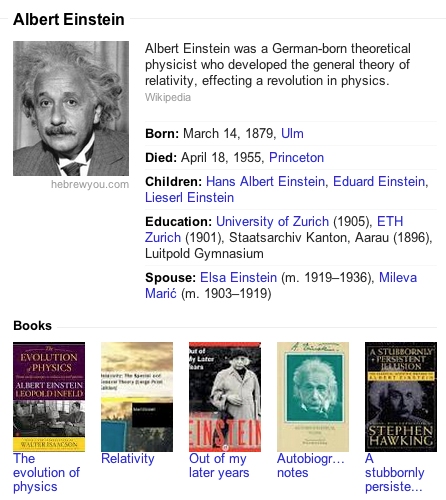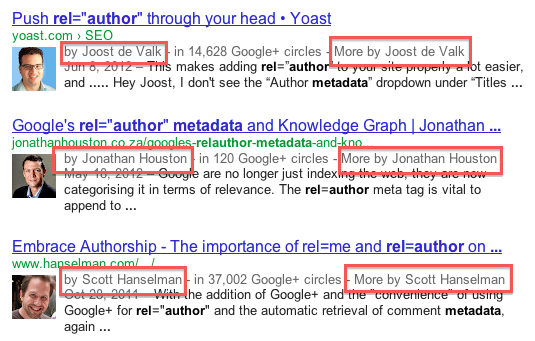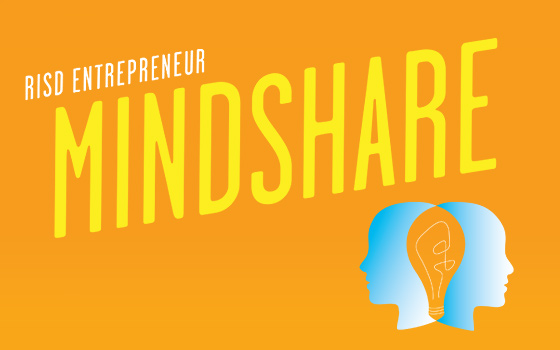Hello, I’m Page. I recently joined up here at Newfangled. I’m really into making the web smarter and more context-sensitive, so I’m going to be writing a series of posts on using metadata to organize your work on the web. If you’re working hard to get your ideas out there, it’s important to make sure that your name is attached to those ideas in a way that Google understands. Hopefully, this will be an easy introduction into the somewhat shadowy realms of how metadata influences search.
You’ve probably noticed recently that Google’s been mucking about with a new right-hand sidebar that’s even smarter than their normal offerings. If you search for a well-known person, you’ll get a biographical snippet, a picture, and some essential facts about that person (birthdate, family, education, etc.) What’s really interesting here is that this isn’t all coming straight from Wikipedia, though some of it certainly is. Google is patching together many sources to form a little sketch of that person’s impact on the world. They call it the Knowledge Graph, and I’m really jazzed about the possibilities this will open up for a more context-sensitive web.

For Einstein here, Google is pulling the bio sketch from Wikipedia, but the other information is from all around the web. It’s linked to a gallery of books he wrote during his life (and even books published posthumously, too). Cool, right?
Still, you may be thinking, “That’s great for world-famous types like Einstein, but what does this have to do with me? Google clearly has some secret sauce that automatically decides when someone’s famous enough, and it turns this on for that person.” (That’s not exactly what’s happening). Google’s certainly using some secret algorithms, but they’re relying on metadata to make it work.
While this is all neat stuff, you’re probably still wondering what this has to do with you. To answer that, we’ll need to dip our toes into metadata first. I promise the tech talk will be minimal.
What’s this Metadata stuff, anyway?
So what’s metadata? Beyond the somewhat obnoxious definition that it’s data about data, what is it useful for, really?
It’s used to organize stuff, and from there to find stuff. If you’re like me, you remember when libraries used big card catalog drawers filled to the brim with little index cards about books; you might recall how each card had information about a book printed on it, including a specific, formal version of the author’s name (last name first, please!). That formal version of their name (often including their dates of birth and death) is a time-tested form of author metadata. In a physical card catalog, that version of the author’s name was used to sort the cards so that you could find their other books. Unsurprisingly, this idea really grew legs when things went digital, and you could create an instant link. The same idea is used to cover format, date, subject, and beyond; let’s stick to author for now.
The same principle exists out there on the web, too. It’s remarkably easy to implement, and you’ll start seeing a big impact on your search visibility quickly. All you need is a Google+ account with a decent picture of yourself and content you’ve published to the web. When you write content, you’ll want to link your name to your own Google+ account with the rel=author tag. Google has great instructions on this here.
Benefits
So what will this do for you? If you’re already using a Google-approved SEO strategy for your content, your individual posts will be ranking for relevant search queries. That’s great. What’s better? If it attributes these posts to you by name right on the search results page. The gravy? It will also link to any other content you’ve written and attributed to yourself the same way, right there under the title. Here’s an example I found today while working on this post:
Suddenly, your work is in context. Google’s not just ranking your content. It knows that you wrote it.
This is huge. More to come.


